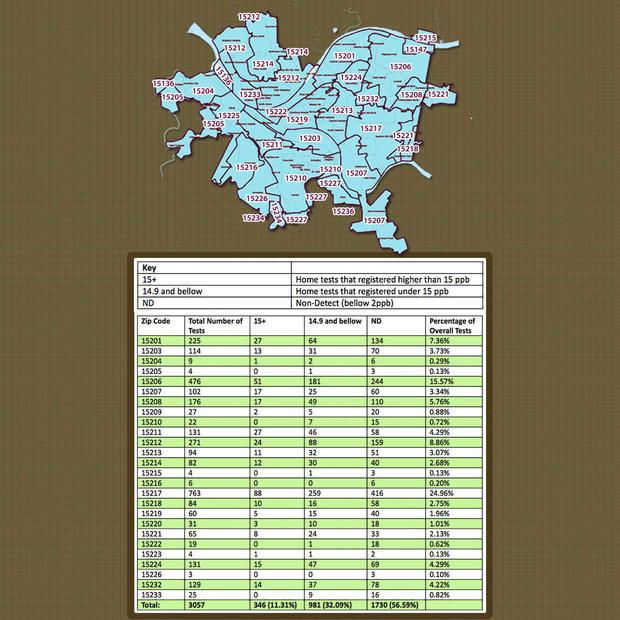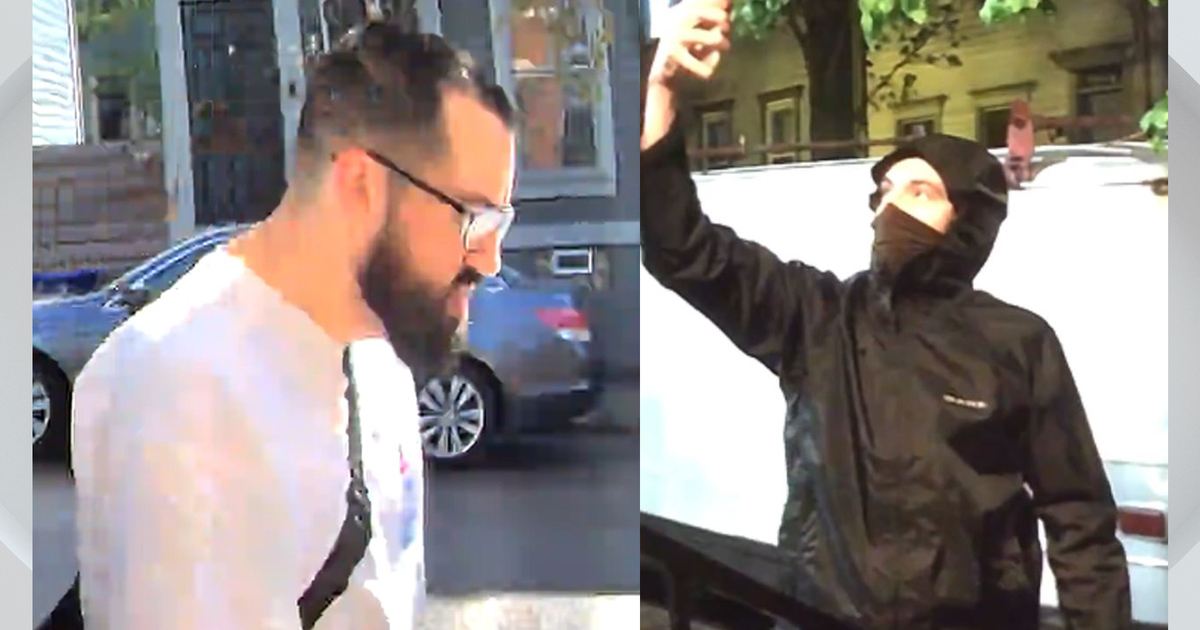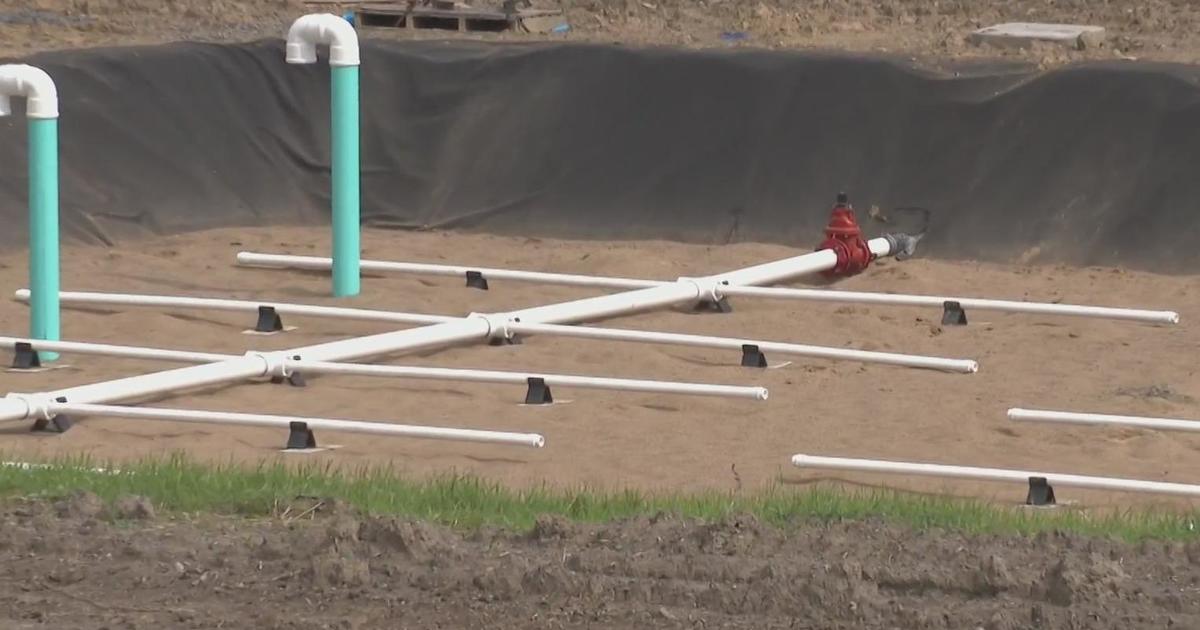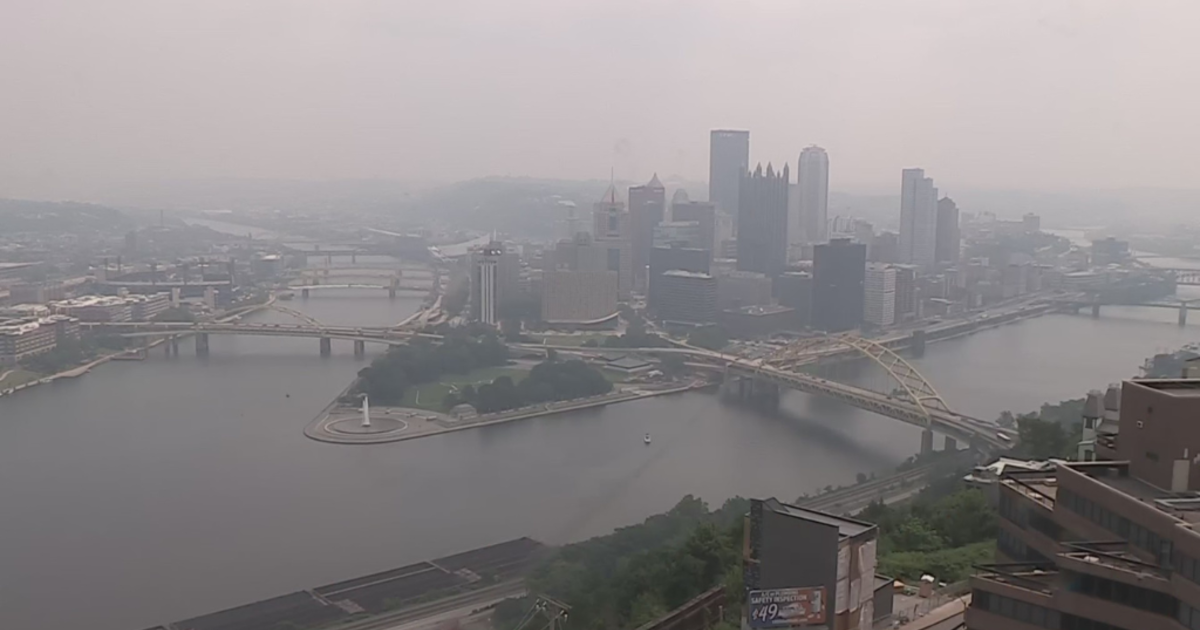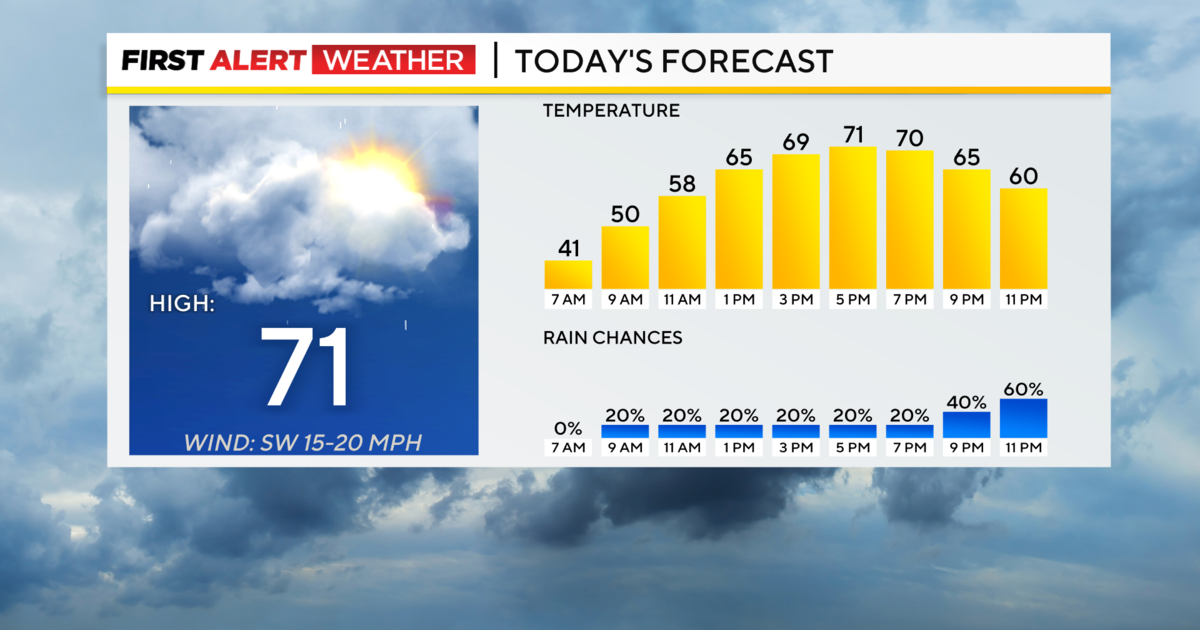New Figures Give Weight To Pittsburgh's Lead Water Problem
PITTSBURGH (Newsradio 1020 KDKA) -- New figures from the Pittsburgh Water and Sewer Authority provide a broader picture of how much lead is in its customers' water.
Newsradio 1020 KDKA has obtained the results of more than 3,000 home lead tests from 2016.
The data comes from voluntary tests requested and submitted by customers. Figures reported earlier this month came from a round of targeted tests submitted to the state and federal government.
In 2016, 11.31 percent of the 3,057 voluntary samples processed had lead levels above 15 parts per billion, the state and federal action level. 32.09 percent of the properties were bellow 14.9 parts per billion, and 56.59 percent were labeled Non-Detect, which can range from 0 to 2 parts per billion.
2016 PWSA Customer Requested Lead Test Results
Twenty-five percent of the tests were completed in the 15217 zip code, which encompasses parts of Squirrel Hill, Greenfield, and Point Breeze. Fifteen percent of the tests were completed in the 15206 zip code, which encompasses parts of East Liberty, Larimer, and Bakery Square.
Four percent of tests were completed in the 15232 zip code, which comprises Shadyside.
Of the results above 15 parts per billion, the average level was 26.9 parts per billion. However, that figure could be the result of faulty testing procedures.
"Since we're not able to manage the sampling process to a particular approach, sometimes we don't know where they're taking the sample from," says PWSA Interim director of Engineering and Construction Bob Weimar. "Some of the highest ones that we've seen have had unusual circumstances."
One site in the 15217 zip code tested at 339 parts per billion. PWSA Communications Manager Will Pickering says when that site was re-sampled, the second reading came in at 20 parts per billion.
Listing another fault in voluntary testing, Weimar says the PWSA has not confirmed that the locations have lead service pipes.
"We are taking samples from locations...that might not have lead," says Weimar. "Those results can be somewhat misleading."
Weimar says the authority is in the process of analyzing its records to determine locations where there may be lead pipes and then inspecting those locations.
So far, the PWSA estimates 20-25 percent of PWSA customers receive water through lead service lines. In compliance with federal and state law, the PWSA has replaced 240 lead service lines since June. The agency wants to develop a "cocktail" of chemicals to control the levels of lead and copper in drinking water.
Earlier this month, Newsradio 1020 KDKA reported some PWSA customers have experienced long wait times for their test results.
The agency responded by saying the existing testing process, established in September, is an improvement from the prior one. It added that customers who have been waiting for more than four weeks should call or email its offices.
PWSA customers can still request a home lead test by sending an email to servicelines@pgh2o.com.
Follow News Radio 1020 KDKA on Facebook
Follow News Radio 1020 KDKA on Twitter
